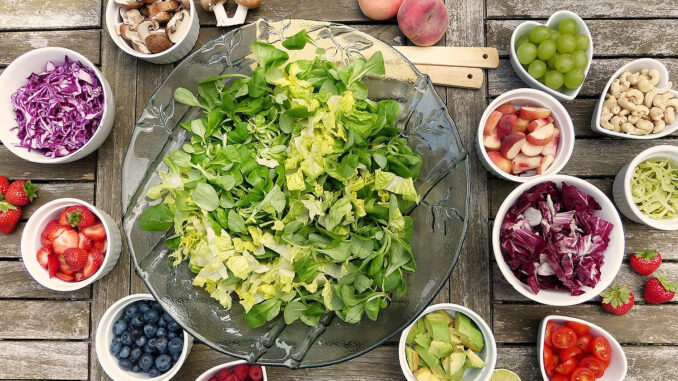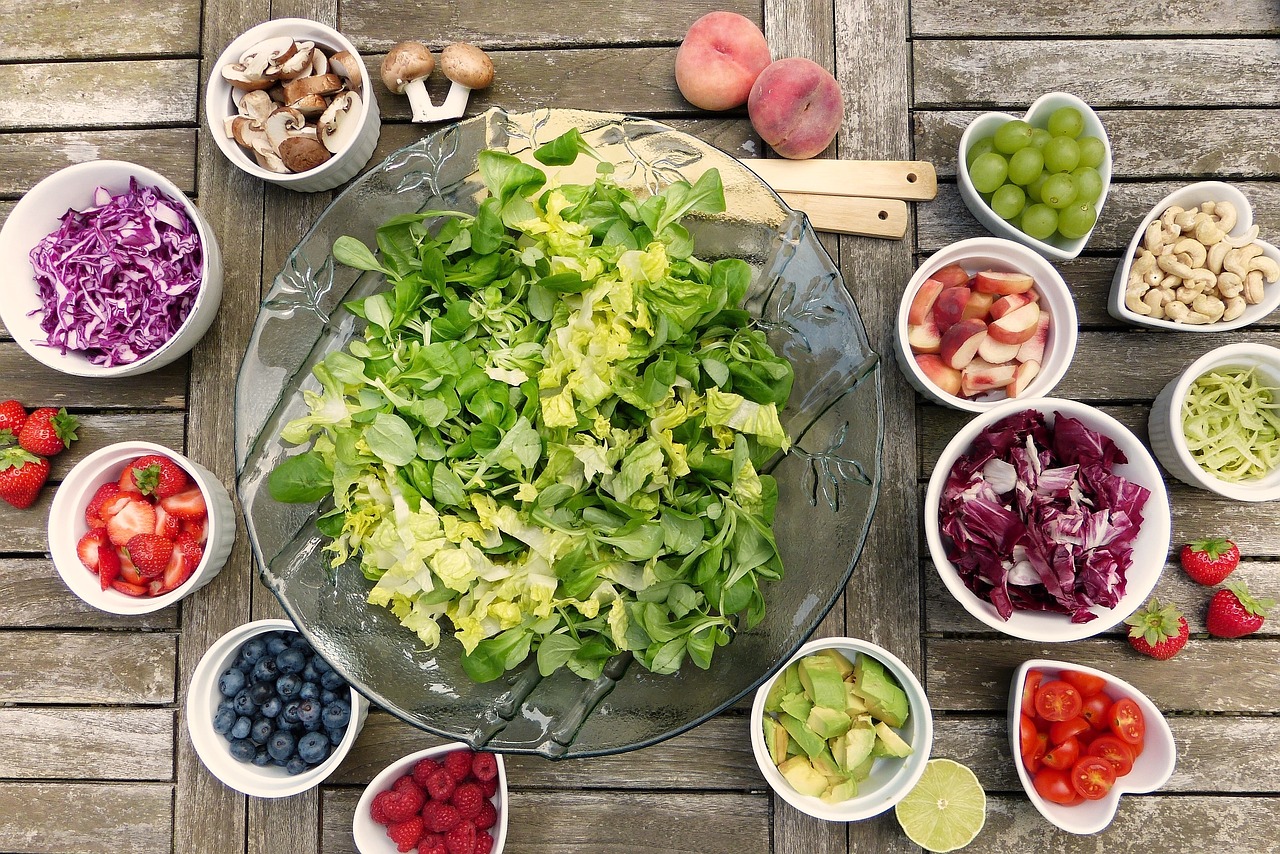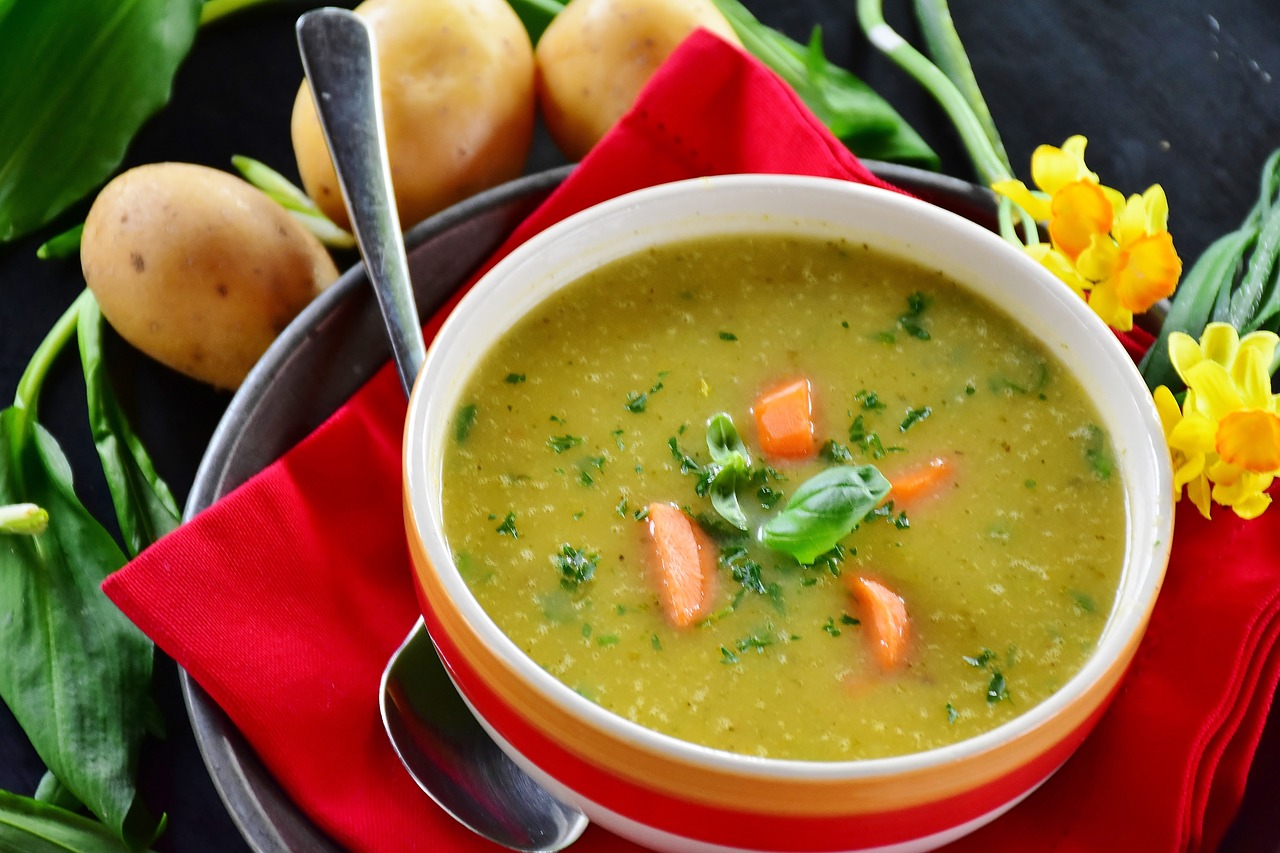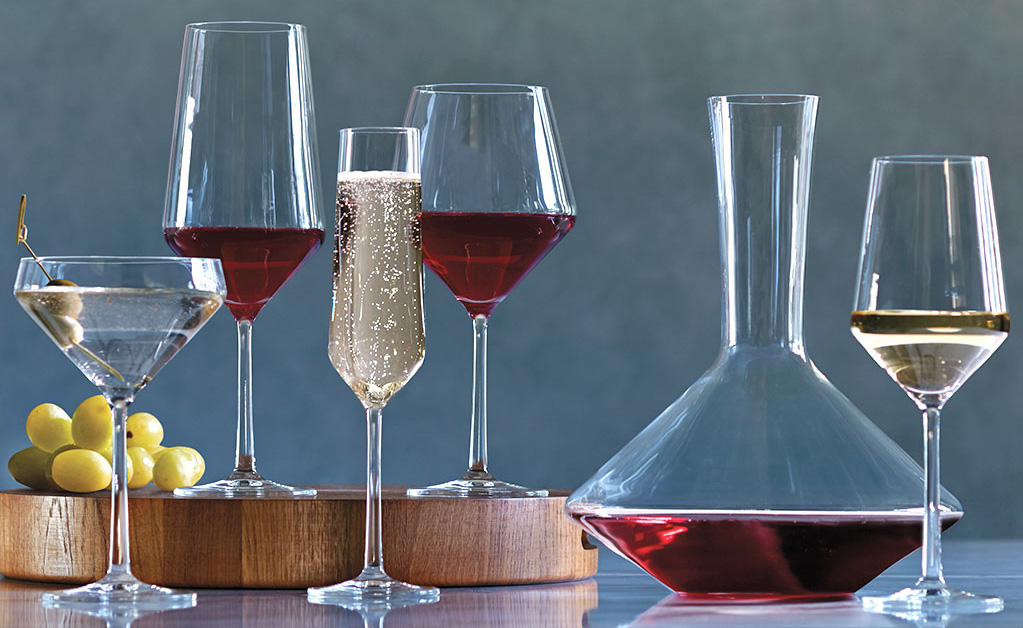
Following basic guidelines when pairing wine with vegetarian dishes can help you find that “sweet spot” of flavor. With this guide, you will be able to select the perfect wine for a vegetarian meal.
Just as with all food and wine pairing, paying attention to the tones of the food is crucial, keeping in mind its acidity, sweetness, saltiness, tartness, intensity, and so on.

General Trends
- Brighter whites go with most vegetables.
- Light red wine, like Chianti, Pinot Noir and Zinfandel can augment the main course.
- Wines with fruity tones like Shiraz can also pair well, as long as they are not too strong.
- It is important to keep in mind how the food has been cooked, as this can change its flavor intensity.
- If you are working with something light, like a salad, pair it with a crisp wine like a dry white or rosé that is equally delicate.
- A hot, hearty dish like a bowl of pasta or a casserole, pairs well with a deeper bodied red.

Find the Dominant Flavor
- One of the reasons why pairing food with vegetables can seem more daunting than pairing them with meat or fish is because vegetarian dishes often include more ingredients, which might make pairing seem more complicated. Identify the dominant flavor in a dish and accentuate it with the right wine.
- Dishes with dominant mushroom flavors taste great with a Pinot Noir, and Chardonnay works quite well too, if you prefer a white wine.
- For potato based dishes, whites like Chardonnay or Sauvignon Blanc as well as medium body reds like Merlot or Barbera would stand up to the potatoes without overpowering their flavors.
- Dishes with green, herby flavors can sometimes be overpowering, which makes pairing them with wine complex. They work quite well with whites like Sauvignon Blanc, unoaked Chardonnay, and, with certain distinct herby flavors like that of capers and basil, a Pinot Grigio can work.
- Dishes prepared with rich ingredients such as olive oil, cream, butter, or cheese have an enriching effect on the vegetable, so use a buttery wine, like oaked Chardonnay, to blend seamlessly with the fatty veggie flavors.

Roasted Vegetables
When vegetables are roasted, they lose most of their earthy tones and take on sweeter, more powerful flavors that need a stronger wine to compliment them. Red wines, like Syrah, Zinfandel, and Chianti go well; if you prefer white wine, try a strong Riesling. Here are some roasted vegetables that are more difficult to pair with wine:
- Tomatoes become sweet and strange once they have been roasted, retaining only a hint of their natural acidity. These flavors go beautifully with Italian red wines like Chianti, Barbera d’Asti and Montepulciano d’Abruzzo. You would also do well to look for a full-bodied, fruity flavor for roasted tomatoes, like Cabernet Sauvignon, Petite Sirah, and Malbec.
- Broccoli or brussel sprouts hang onto their earthy flavors even after they’ve been grilled. For these, make sure to give white Bordeaux or a Chenin Blanc a shot.
With these tips, pairing vegetables with wine should be easier, and give you an idea of what flavors to look for. Don’t be daunted by the challenge! Exploring new possibilities will give you a chance to widen your comfort zone and knowledge of food and wine.
About the Author: Thalia Bell has always had a passion for writing. She recently took a trip to France and visited Bordeaux, where she fell in love with wine, and has been a fan of cheese from a young age; when she put the two together, she felt a sense of satisfaction, and since then, has attended many wine and cheese tastings.